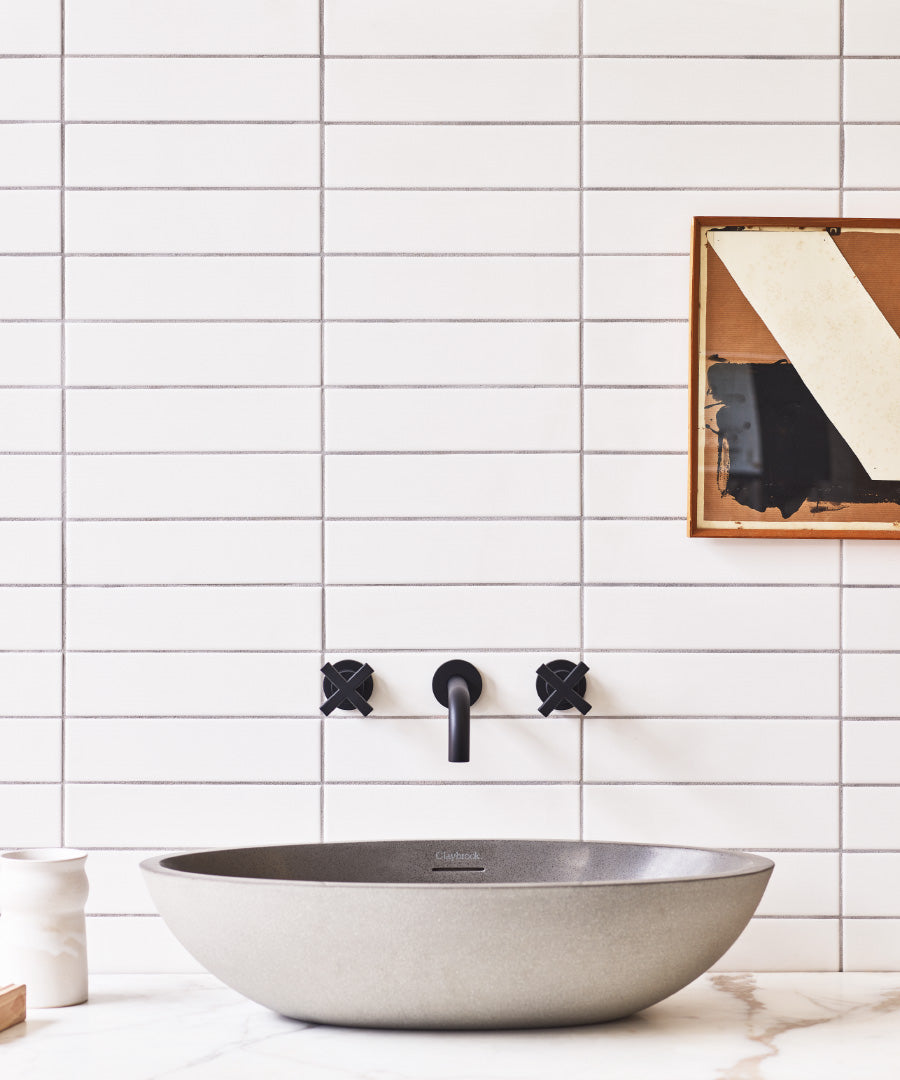Tile grout is a crucial yet often overlooked element in the world of interior design and home improvement. While it may seem like a small detail, the right grout can significantly impact the overall aesthetics, durability, and maintenance of your tiled surfaces. In this guide, we'll explore key factors to consider when choosing the perfect tile grout to ensure a long-lasting and visually appealing finish.
Grout Types
There are various types of grout available on the market, each with its unique characteristics. The main categories include cement-based grout, epoxy grout, and urethane grout.
Cement-Based Grout: This is the most common type of grout and is composed of Portland cement, sand, and additives. It is versatile, affordable, and comes in sanded and unsanded varieties. Sanded grout is suitable for wider joints, while unsanded grout is ideal for narrower joints.
Epoxy Grout: Known for its durability and resistance to stains and chemicals, epoxy grout is an excellent choice for high-moisture and high-traffic areas. It is available in a wide range of colors and is less prone to cracking and discoloration over time.
Urethane Grout: Combining the best of both cement and epoxy grout, urethane grout is flexible, durable, and resistant to stains. It is also suitable for a variety of tile types and joint sizes.
Tile Type and Joint Size
The type of tile you choose and the size of the joints between them will influence the type of grout that is most suitable. Larger tiles and wider joints may require sanded grout to provide additional strength and prevent cracking, while smaller tiles and narrower joints may benefit from unsanded grout for a smoother finish.
Color Selection
Grout color can dramatically impact the final look of your tiled surface. You can choose a grout color that blends seamlessly with the tiles for a cohesive appearance or go for a contrasting color to make the tiles stand out. Keep in mind that light-colored grout tends to show less dirt and is a popular choice for high-traffic areas.
Sealing Considerations
Depending on the type of grout you choose, you may need to apply a sealer to protect it from stains and water damage. Cement-based grouts typically require sealing, while epoxy and urethane grouts are often resistant to stains without the need for additional sealing.
Maintenance and Longevity
Consider the level of maintenance you are willing to commit to when selecting grout. Epoxy and urethane grouts are generally easier to clean and maintain than cement-based grouts. Additionally, assess the expected longevity of the grout, especially in high-traffic areas, to ensure a durable and long-lasting finish.
Choosing the perfect tile grout involves a thoughtful consideration of factors such as grout type, tile type, joint size, color, sealing requirements, and maintenance considerations. By taking the time to evaluate these factors, you can ensure that your tiled surfaces not only look stunning but also stand the test of time. Whether you opt for the traditional charm of cement-based grout, the durability of epoxy grout, or the versatility of urethane grout, making an informed choice will contribute to the overall success of your tiling project.

